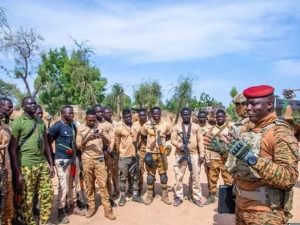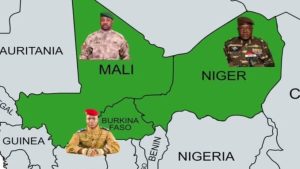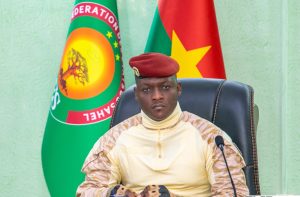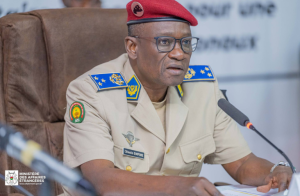Burkina Faso: Transforming local resources, President Ibrahim Traoré’s industrial gamble for a sovereign Burkina Faso
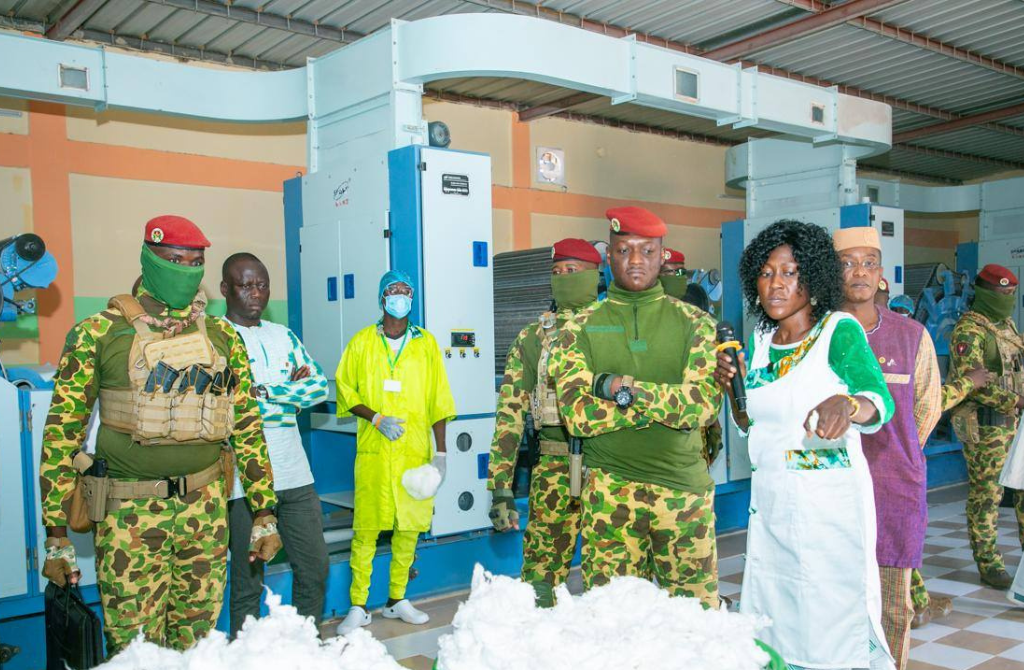
Captain Ibrahim Traoré, has placed the local processing of raw materials at the heart of his strategy for economic sovereignty of Burkina Faso. Through a proactive industrial policy, he aims to break the cycle of dependency inherited from the post-colonial model, which revolves around exporting raw resources and importing finished goods at high prices.
In his vision, industrializing Burkina Faso is not merely about building factories; it is, first and foremost, about constructing an economy rooted in the real needs of the people.
The President has framed the local processing of resources particularly agricultural ones like cotton as an act of both economic liberation and social justice.
“All too often, it is our own cotton, subsidized here and produced by our brave farmers, that is exported, processed elsewhere, and then sold back to Burkina Faso at a very high price,” he lamented.
This observation highlights the structural flaws of an economic system that impoverishes producers while enriching export circuits.
Confronting this, Ibrahim Traoré has adopted a clear stance: the nation must process locally what it produces.
See also: Burkina Faso: Another step towards a structured and competitive Burkina Faso film industry
This approach not only creates skilled jobs and revitalizes dormant industrial sectors but also rebalances trade and strengthens national dignity.
For him, “produce, process, and consume Burkinabe” is not just a slogan, but a political project.
The revival of certain industrial units, supported by the state, reflects this commitment to a more dynamic, autonomous, and resilient industrial fabric.
The government has pledged to support local initiatives through investment, administrative streamlining, and technical assistance.
In a world where the limitations of globalized supply chains are increasingly apparent, this shift toward industrial self-sufficiency is particularly significant.
It restores decision-making power to the Burkinabe economy, enhances its capacity to generate wealth, and, most importantly, builds a future founded on the efforts and ingenuity of its people.
By betting on local transformation, President Traoré is charting a bold and realistic path toward lasting economic independence one based on harnessing national resources for the benefit of the people.
Olivier TOE



